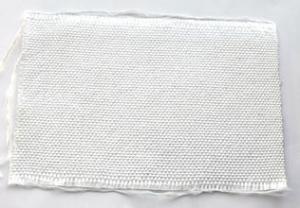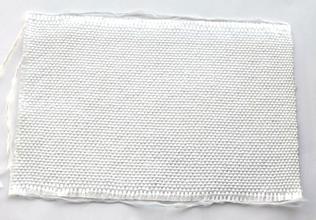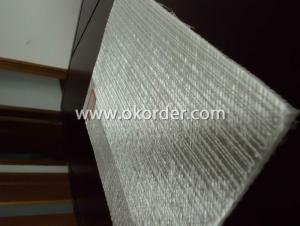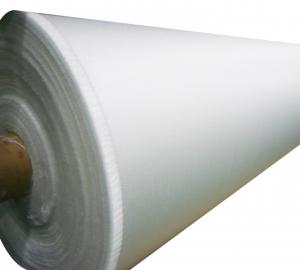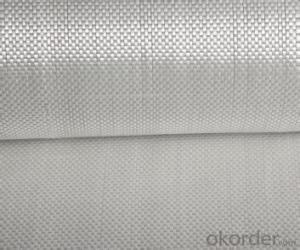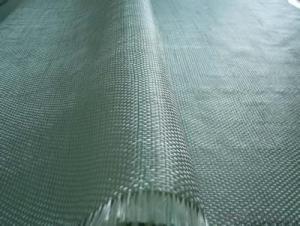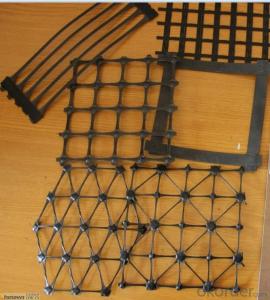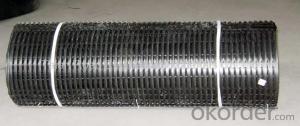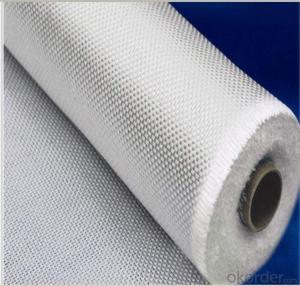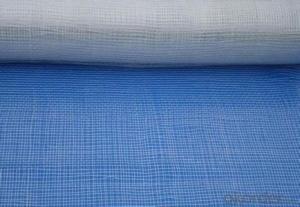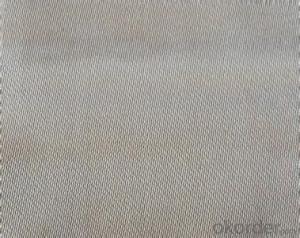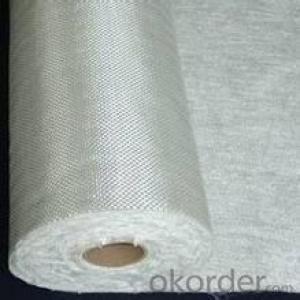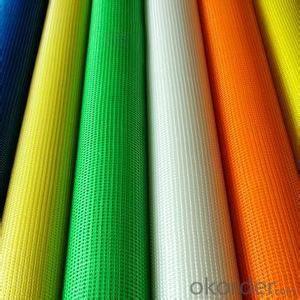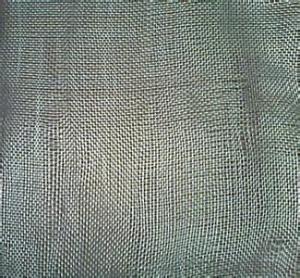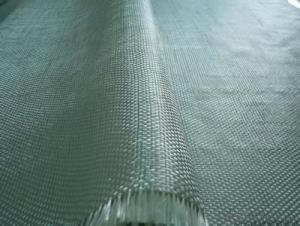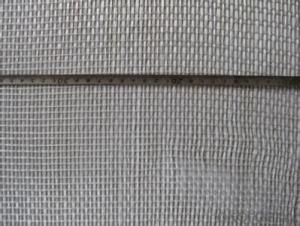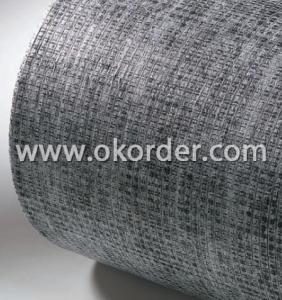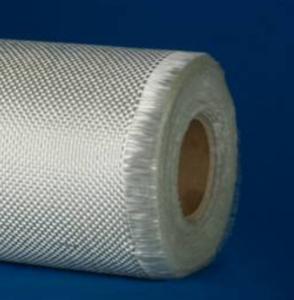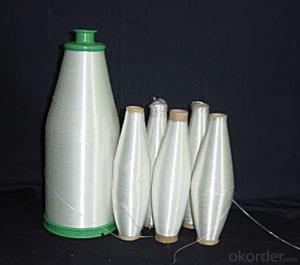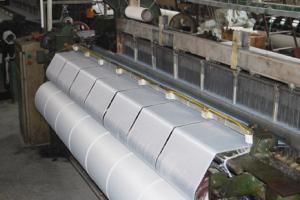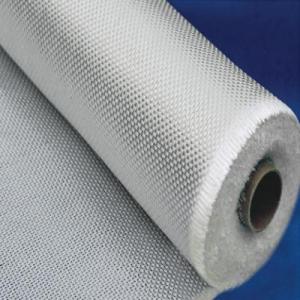Silica84 Fiberglass Fabrics High Silica Fiber Cloth
- Loading Port:
- China Main Port
- Payment Terms:
- TT OR LC
- Min Order Qty:
- -
- Supply Capability:
- -
OKorder Service Pledge
Quality Product, Order Online Tracking, Timely Delivery
OKorder Financial Service
Credit Rating, Credit Services, Credit Purchasing
You Might Also Like
Quick Details
| Place of Origin: | Brand Name: | Model Number: | |||
| Weight: | Width: | Weave Type: | |||
| Yarn Type: | Alkali Content: | Standing Temperature: | |||
| applications: |
Packaging & Delivery
| Packaging Detail: | rolls packed in cartons loaded on pallets |
| Delivery Detail: | within 15 days after order confirmation |
Specifications
1.withstand temperature up to 1000 degree
2.weight:about 600g/m2
3.applications:heavy duty welding protection;
- Q: Are fiberglass fabrics resistant to solvents or cleaning agents?
- Yes, fiberglass fabrics are generally resistant to solvents or cleaning agents. Fiberglass is a synthetic material made from fine fibers of glass, which provides it with excellent chemical resistance. It can withstand exposure to a wide range of solvents, cleaning agents, and chemicals without deteriorating or losing its structural integrity. This makes fiberglass fabrics an ideal choice for various applications where resistance to solvents or cleaning agents is required, such as in industrial settings, automotive components, insulation materials, and protective clothing. However, it is always recommended to check the specific chemical compatibility of the fiberglass fabric with the solvent or cleaning agent in question, as some highly aggressive chemicals may still have an impact on its performance.
- Q: How does fiberglass fabric perform in static dissipation?
- Fiberglass fabric is generally not designed to be a static dissipative material. This is because fiberglass is an insulator and does not conduct electricity. Static dissipation refers to the process of safely dissipating static electricity to prevent damage or hazards. In order to effectively dissipate static electricity, materials need to have conductive properties. However, there are specific types of fiberglass fabrics that have been engineered with conductive properties to provide static dissipation capabilities. These fabrics are usually coated or infused with conductive materials such as carbon fibers or metals. The conductive additives in these fabrics help to create a path for static electricity to flow through, allowing for safe dissipation. It is important to note that the performance of fiberglass fabric in static dissipation can vary depending on the specific composition and construction of the fabric. Additionally, the effectiveness of static dissipation may also be influenced by factors such as humidity levels, surface conditions, and the presence of other materials or objects in the environment. Therefore, it is recommended to consult the manufacturer's specifications or conduct testing to determine the static dissipation capabilities of a particular fiberglass fabric.
- Q: Can fiberglass fabrics be used for upholstery or furniture applications?
- Yes, fiberglass fabrics can be used for upholstery or furniture applications. Fiberglass fabrics are known for their durability, strength, and resistance to heat and chemicals. These qualities make them suitable for various applications, including upholstery and furniture. Fiberglass fabrics can be used as a reinforcement material for padding or cushioning in furniture, providing added support and longevity. Additionally, fiberglass fabrics can be used as a covering material for furniture, as they are resistant to stains, mold, and mildew. Overall, fiberglass fabrics offer a versatile and durable solution for upholstery and furniture applications.
- Q: Can fiberglass fabric be used for insulation in industrial equipment?
- Fiberglass fabric proves to be a suitable option for insulating industrial equipment, given its various qualities. Its versatility and exceptional thermal insulation properties make it an ideal material. Not only is it lightweight, but it is also non-combustible and resistant to heat, chemicals, and moisture. These characteristics make it highly suitable for insulating industrial equipment including boilers, furnaces, tanks, and pipes. By effectively minimizing heat transfer, it successfully reduces energy loss and ensures stable temperatures during industrial processes. Moreover, its installation is effortless, it is highly durable, and it boasts a long lifespan, thereby making it a cost-effective solution for insulation in industrial applications.
- Q: Where can fiberglass fabric be purchased?
- Fiberglass fabric can be purchased from various sources such as online retailers, specialty stores, construction supply companies, and even some home improvement stores.
- Q: What's the best form of roof waterproof?
- If it is inclined roof, with chimney or straight vent, it is recommended that the chimney around to focus on waterproof treatment. In addition to the use of ordinary cement base, do not use aluminum foil like asphalt, suggested above neutral weatherproof sealant coating, it can keep a long time waterproof! Personal experience.
- Q: Can fiberglass fabric be used for insulation in cryogenic applications?
- Yes, fiberglass fabric can be used for insulation in cryogenic applications. Fiberglass has excellent thermal insulation properties and can effectively prevent heat transfer, making it suitable for cryogenic environments where extremely low temperatures are involved. Additionally, fiberglass is resistant to moisture and chemicals, which further enhances its suitability for cryogenic insulation.
- Q: Can I put up wall tiles on the bathroom wall waterproof cloth?
- Water repellent. By mixing cement mortar waterproof agent in the kitchen or bathroom at the grassroots level to do it again, after the dry, use waterproof admixture cement ash in the first layer on the brush layer, which is mainly for the first time will be generated through the dry hole blocked after, there is the root of the pipeline should be carefully brush.
- Q: How are fiberglass fabrics manufactured?
- Fiberglass fabrics are created using a method called the fiberglass weaving process, which consists of multiple steps resulting in the production of top-notch fiberglass fabrics. To start the manufacturing of fiberglass fabrics, fiberglass yarns are produced. This is done by melting raw materials like silica sand, limestone, and soda ash at high temperatures. The molten glass is then extruded through tiny holes, forming delicate fibers. These fibers are subsequently cooled and spun into yarns. Once the fiberglass yarns have been made, the next phase is the weaving process. During this stage, the yarns are intertwined on a loom to form a woven fabric. Different weaving patterns can be employed to achieve specific fabric qualities, such as strength, flexibility, or thickness. Following the weaving process, the fiberglass fabrics undergo a finishing treatment. This treatment involves the application of a coating or sizing to enhance the fabric's performance and durability. The coating can provide additional properties like fire resistance, water repellency, or chemical resistance. After the completion of the finishing treatment, the fiberglass fabrics are subject to quality control inspection. Any defects or irregularities are identified, and the fabrics are either repaired or discarded if necessary. The final step in the manufacturing process involves packaging and distribution. Depending on their size and intended use, the fiberglass fabrics are either rolled onto spools or folded into bundles. They are then packaged and shipped to customers or distributors who will utilize them in various applications, such as insulation, filtration, composites, or reinforcement in construction materials. In summary, the production of fiberglass fabrics is a meticulous and intricate process that ensures the creation of top-quality fabrics with desired characteristics.
- Q: Can fiberglass fabrics be used for insulation in HVAC systems?
- Yes, fiberglass fabrics can be used for insulation in HVAC systems. Fiberglass is a popular choice for insulation in HVAC systems due to its excellent thermal properties. It has a low thermal conductivity, which means it can effectively resist heat transfer. Fiberglass fabrics are typically used to cover air ducts, pipes, and other components in HVAC systems to prevent heat loss or gain. Fiberglass fabrics also have other beneficial properties that make them suitable for insulation. They are lightweight, flexible, and easy to install, making them a convenient choice for HVAC insulation. Additionally, fiberglass fabrics are resistant to moisture, mold, and mildew, which helps in maintaining good indoor air quality. Furthermore, fiberglass fabrics have excellent fire-resistant properties. They are non-combustible and do not release toxic gases when exposed to high temperatures. This makes them a safe choice for insulation in HVAC systems. Overall, fiberglass fabrics can be effectively used for insulation in HVAC systems due to their thermal efficiency, ease of installation, moisture resistance, and fire safety.
Send your message to us
Silica84 Fiberglass Fabrics High Silica Fiber Cloth
- Loading Port:
- China Main Port
- Payment Terms:
- TT OR LC
- Min Order Qty:
- -
- Supply Capability:
- -
OKorder Service Pledge
Quality Product, Order Online Tracking, Timely Delivery
OKorder Financial Service
Credit Rating, Credit Services, Credit Purchasing
Similar products
Hot products
Hot Searches
Related keywords
